7 Simple Ways To Greatly Reduce Your Waste & Carbon Footprint
Pollution is at an all-time high, and with growing concern about how to manage the situation in this consumeristic world we now live in, we’ve put together a list of ways you – the consumer – can reduce your contribution to this crisis.
Although the popularized principles of recycling is based on the 3 Rs (Reduce, Reuse, Recycle), the modern zero-waste movement adds one more “R:” Refuse; as in refuse products that cannot be reused, recycled, or disposed of in any way other than landfills.
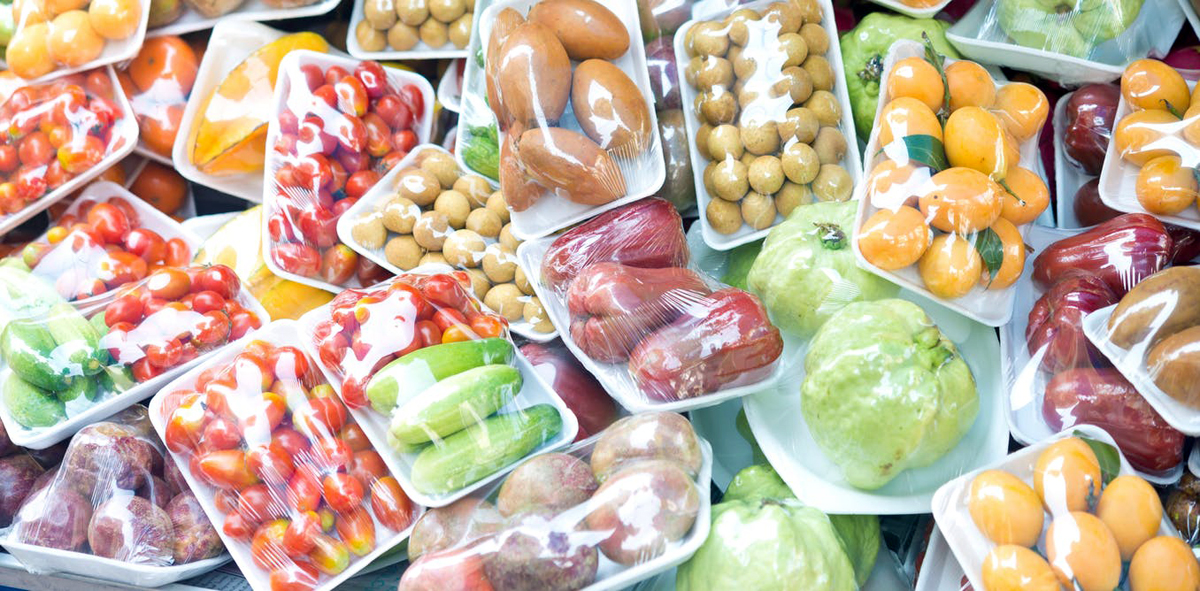
1. Skip the Excess Packaging
The first and easiest step to take when trying to decrease your waste is to skip the items that have excessive and/or unecessary packaging. Your apples will taste just as fresh if they don’t come in that plastic-wrapped styrofoam mini-tray, which you were planning on getting multiple ones of.
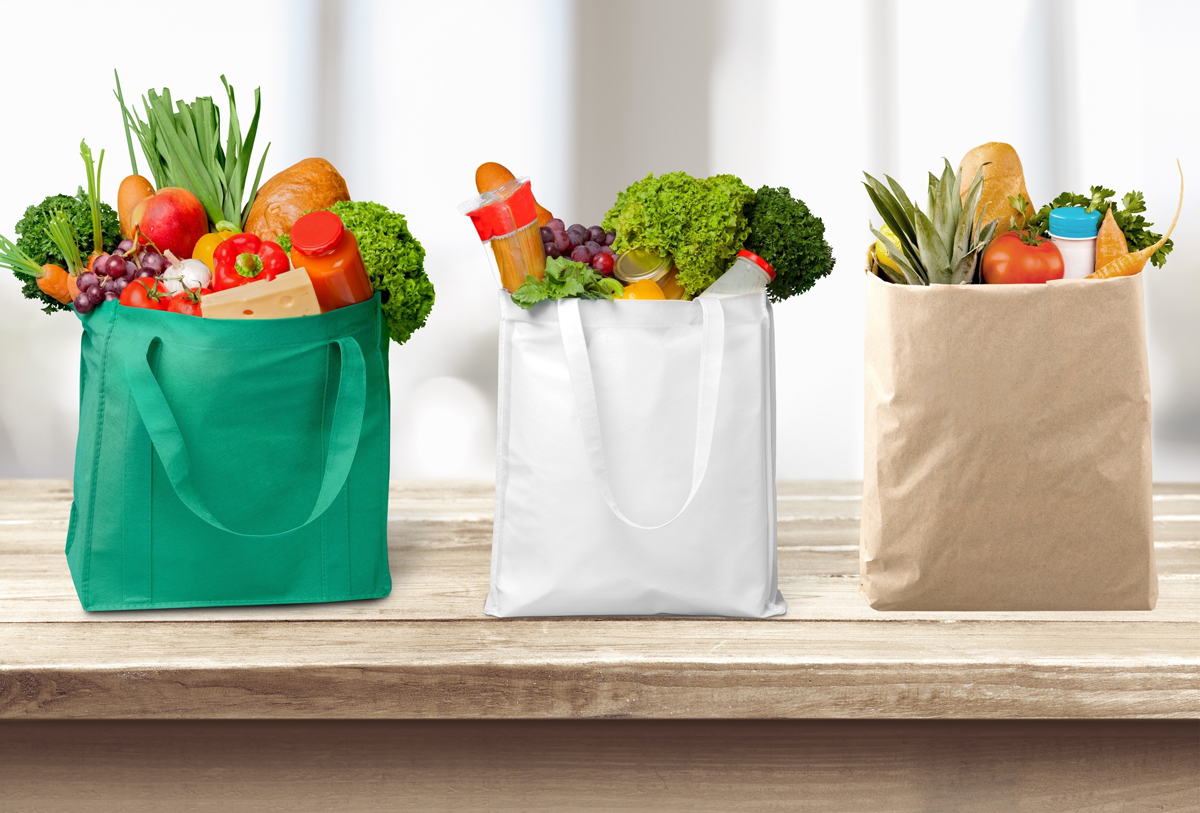
2. Swap Out the Single-Use
With the Lebanese Ministry of Environment issuing a decree that will now force supermarket to charge money for plastic bags, now’s the perfect to pick up some eco-friendly habits. The best option would be to get something made out of 100% cotton or any fully-natural fibers (we’ll explain why later). This doesn’t have to only include carrying a reusable grocery bag; make it a habit to carry reusable mugs when you go for a coffee, for instance.
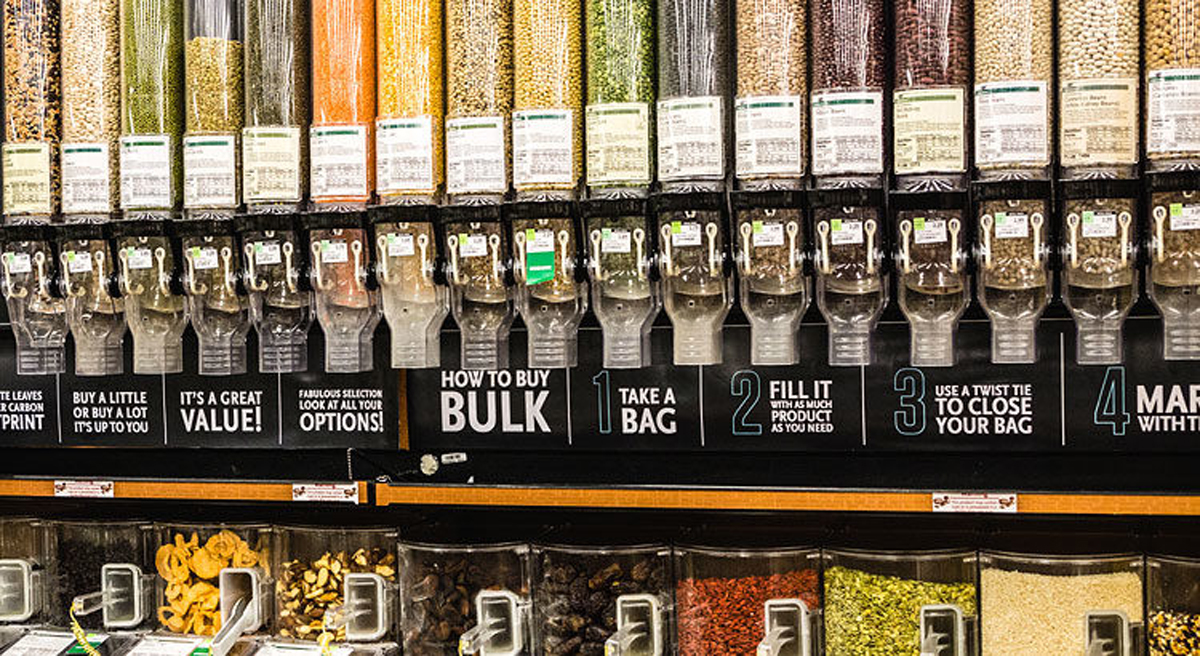
3. Buy in Bulk
When you go shopping, try opting for bulk bins if your grocery store, and make sure to bring your own reusable containers with you (glass jars are the perfect tool). Not only is this practice more eco-friendly, it is also cheaper. In case you didn’t know, around 15% of a product’s retail price is dedicated to its packaging, which you’re not even using. Farmers’ markets are also a great place to get fresh produce for less money and no plastic – lighter in every way!
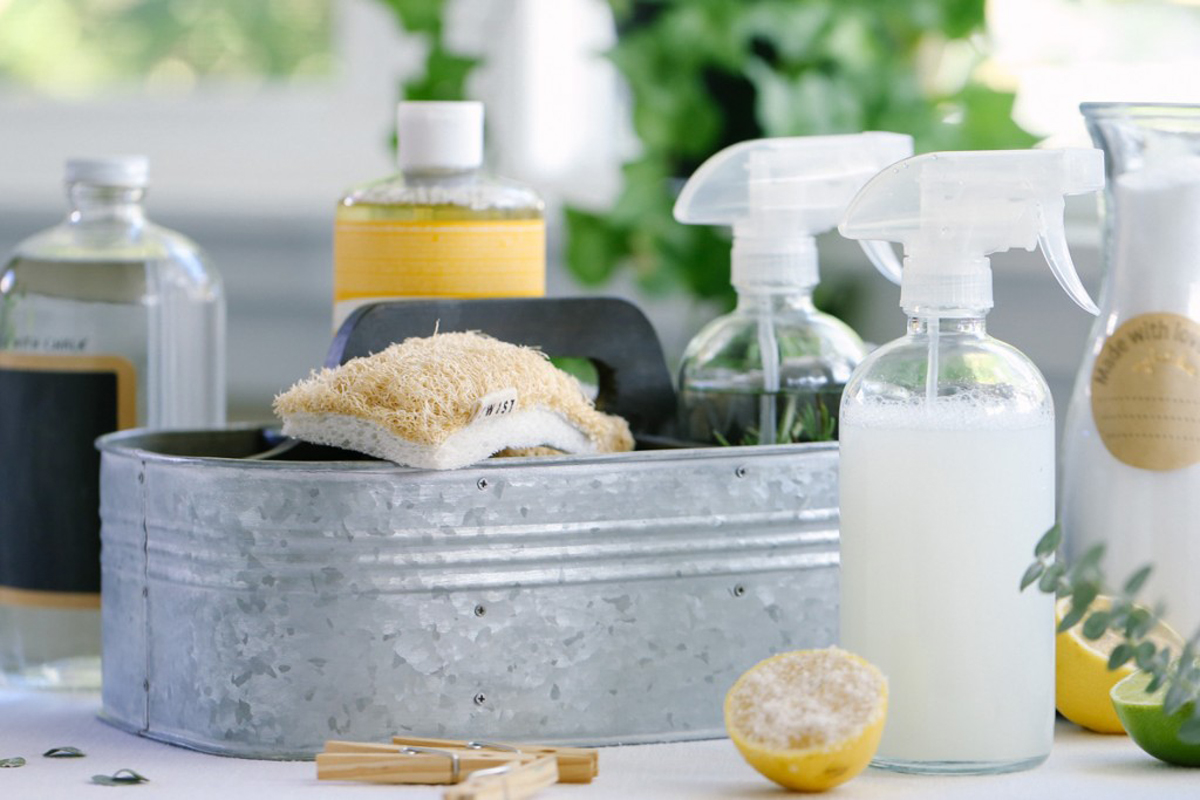
4. Make your Own Products
Some products are nearly impossible to find package-free. To that we say: make your own. Contrary to what today’s consumeristic culture, you can make a lot products at home using a few simple ingredients you probably already have at hand; and we’ve made a couple guides before to testify to that. For instance, you can find that a lot items you have in your pantry can be used to make your own beauty products.You’d also be surprised how easy it can be to make your own DIY cleaning products.
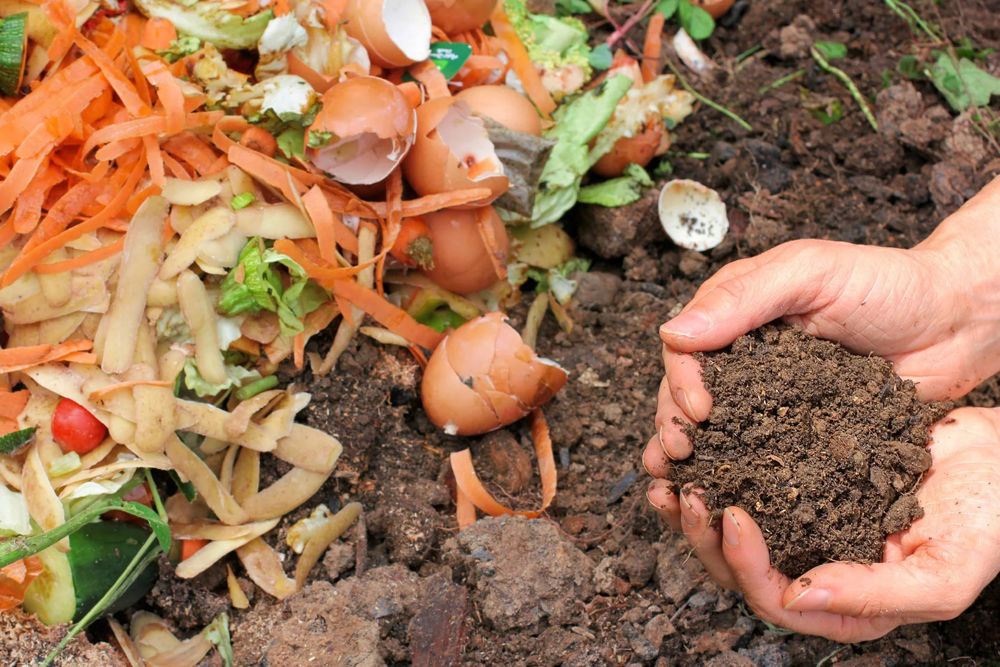
5. Compost at Home
Given that the average Lebanese household’s waste is comprised of an average of 52% food waste, there’s a lot to benefit from with composting at home. Composting is the process of decomposition of organic matter into soil. What many may not know is that food and greenery are not the only compostable material: Paper, cardboard, wood shavings and pellets, fur, coffee grounds, eggshells, egg cartons and even some animals’ manure (cows, chicken, horses…etc.) and so many more common household items are perfect to feed your compost bin. Remember those cotton bags we talked about earlier? You can also throw them into your compost bin when you’ve used them up.
And contrary to popular belief, you can make a compost bin anywhere you live – even in a small apartment – without producing any nasty odors. We will be detailing everything in a fully-detailed guide so stay tuned!
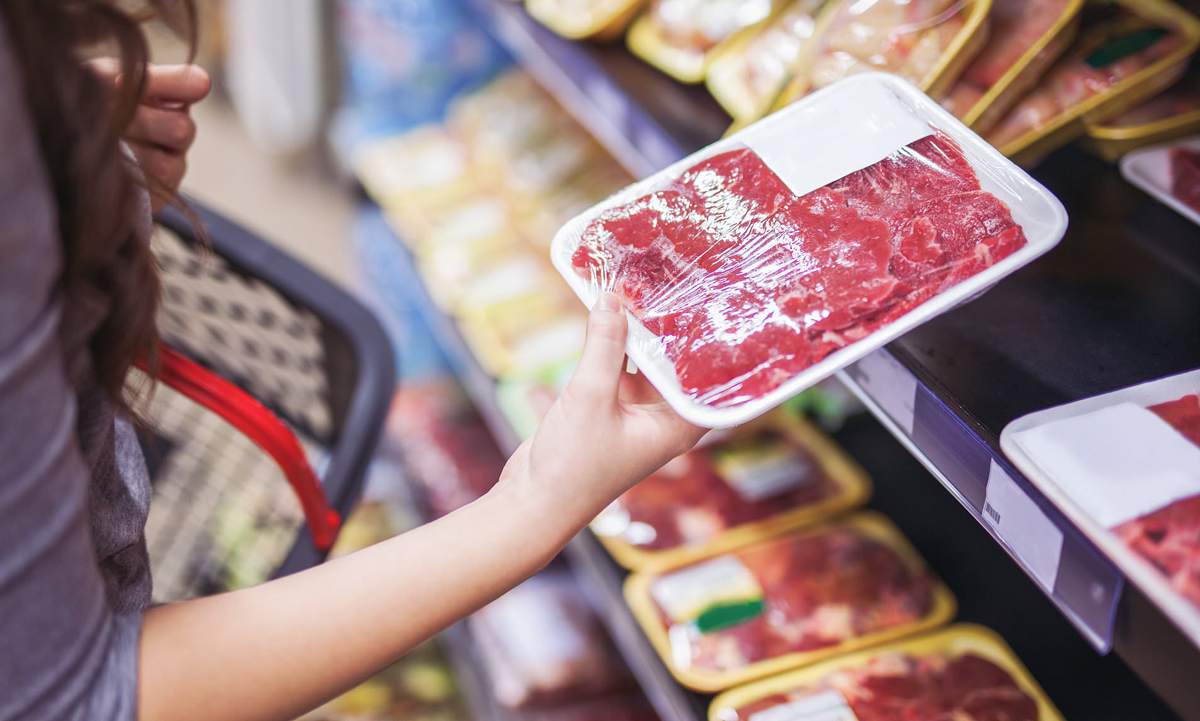
6. Skip the Meat
Factory is currently the single biggest contributor to global warming; holding first place for its contribution to greenhouse gas emissions, land deforestation, and water pollution. If you’re wondering how you can help with the global warming crisis, then the easiest thing to do is simply to lower your meat, poultry, and fish intake. In the bigger picture, demand will dwindle down, which will, at least, prevent the situation from getting worse.
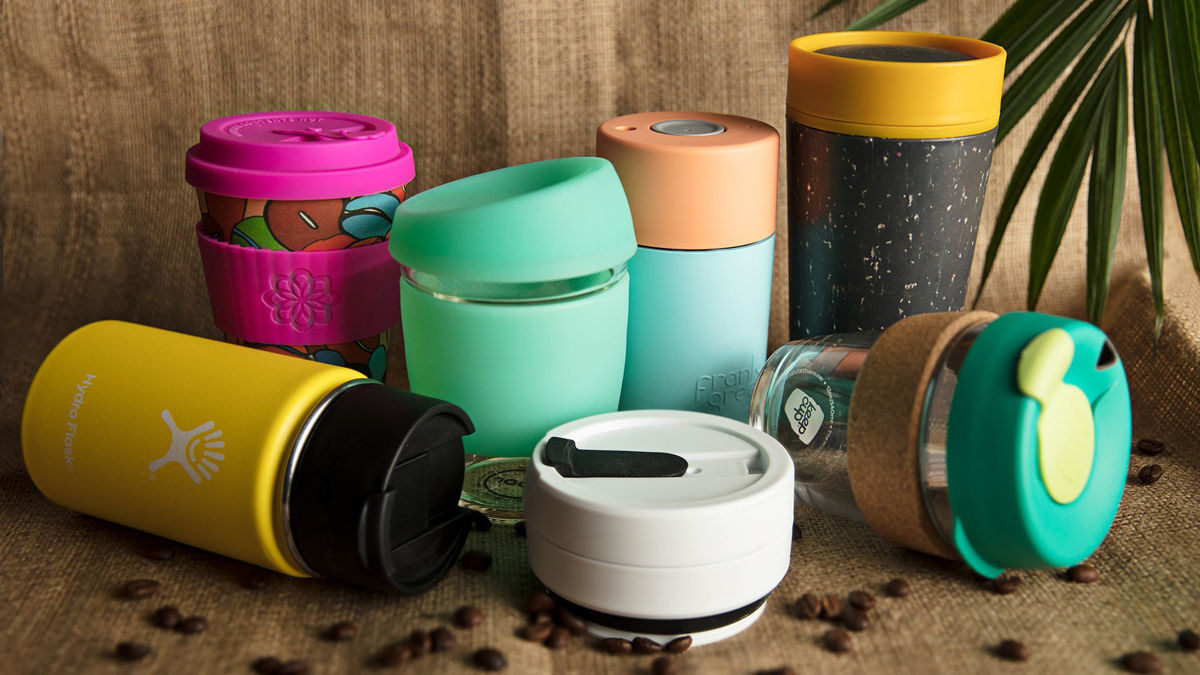
7. Re-evaluate, then Refuse
When all else fails, and you find yourself with no other option, take a minute to evaluate whether you absolutely must have that product, or if you can forego getting it. Remember that by simply buying something, you are creating more demand, and ultimately contributing to more of it being manufactured






